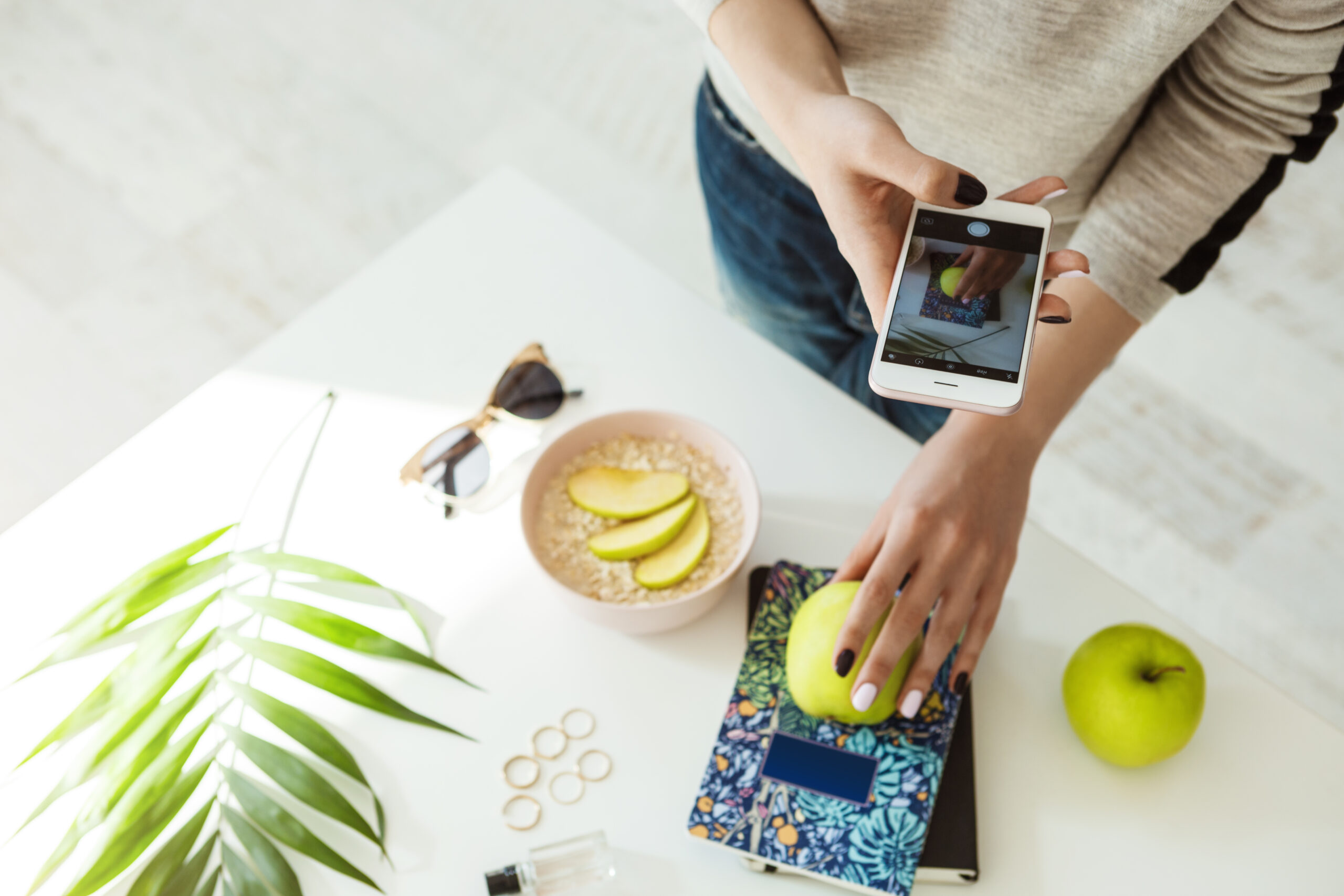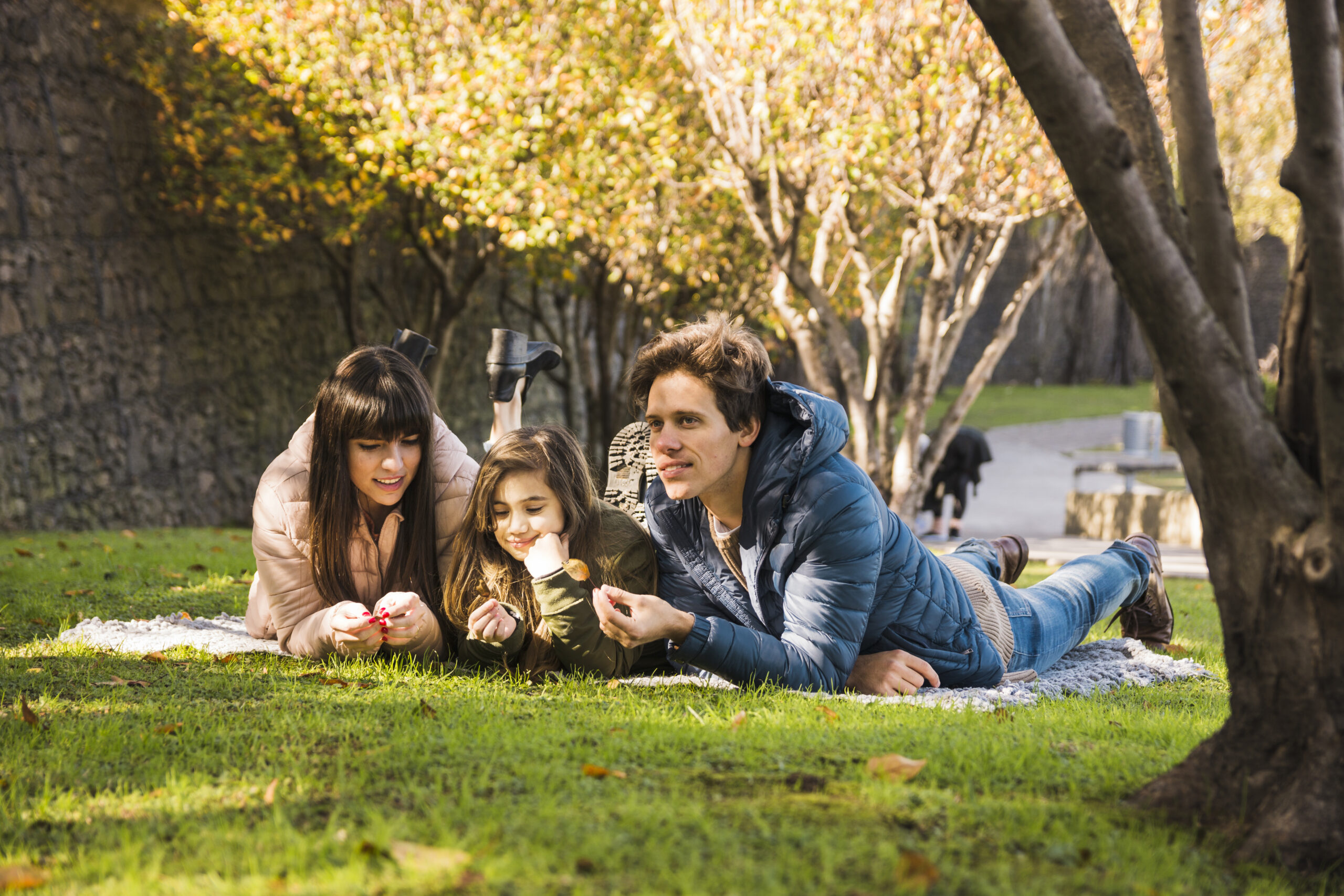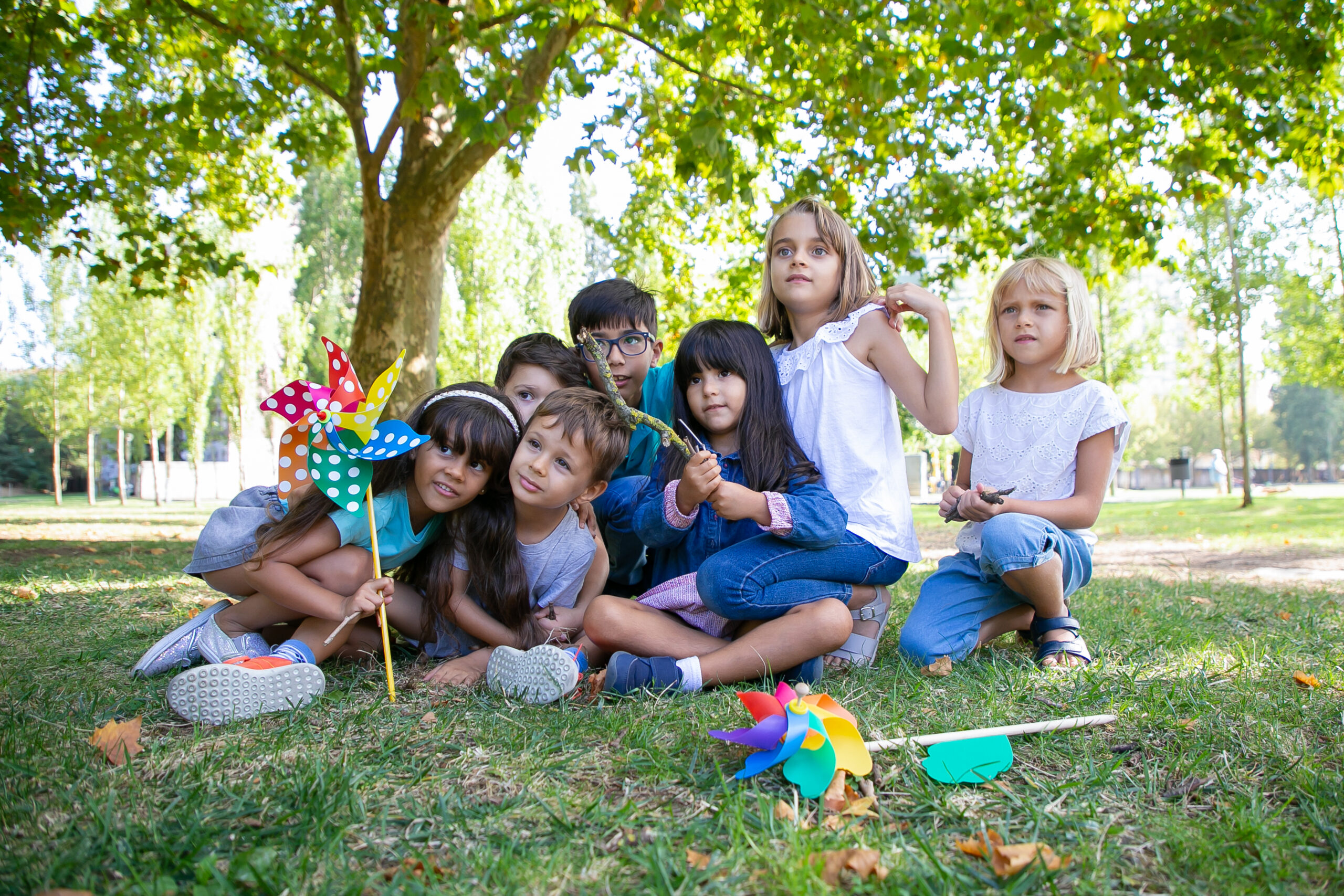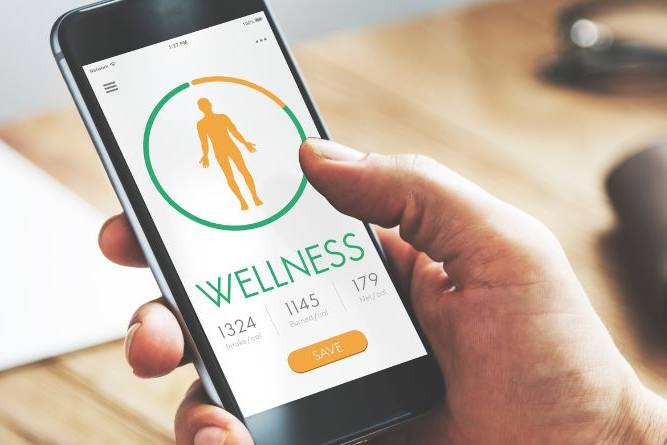Most people today wake up to pings. You probably do too. And before bed, it’s reels, replies, and reminders.
We’re more connected than ever—yet somehow more distracted, more anxious, and more restless too.
I don’t believe social media is the enemy. It’s a powerful tool. It has helped us connect, create, and build. But somewhere along the way, it started reshaping how we think, feel, and even see ourselves. Many of us are now living outwardly more than inwardly—absorbing the world’s opinions faster than we hear our own voice.
And here’s a quiet question I often ask the clients I work with:
What if your mind is tired not from doing too much…but from scrolling too much?
This is where the practice of a digital detox comes in—not as a punishment, not as a trend, but as a powerful mental health tool. A reset.
The benefits of a digital detox go beyond reduced screen time. It’s about reclaiming your focus, your clarity, your emotional balance. When we step away from constant digital noise, even briefly, we start noticing the world again—our thoughts, our breath, our relationships, and the simple joys of daily life.
If you’ve been wondering how to do a digital detox, or whether it’s even worth trying—trust me, it is. And you can start small, right where you are.
Why I Chose to Disconnect (Why You Might Want To)
You’re probably familiar with fasting trends or intermittent fasting for physical health. But what about a fast for your mind? There are many reasons why the digital detox movement is growing.
That’s what a digital detox really is—a break from overstimulation, not from food, but from the constant stream of information, noise, and distraction.
I recently had a client experience decision fatigue and doom scrolling. For a long time, he thought he had control. But he began noticing how often he’d reach for my phone in moments of stillness—at red lights, in waiting rooms, even during conversations, not out of need, but out of habit. That’s when he realized: something was off.
And when I started speaking to more parents, professionals, and even teenagers, I saw the same thing. Social media was slowly shifting from a tool to a trap. Not for everyone, not always—but for many, it had become a reflex.

The truth is, the benefits of a digital detox aren’t just psychological. They’re physiological too. Research shows that high screen time can disrupt our sleep cycles, increase anxiety, reduce our attention span, and overstimulate the brain’s reward system. It affects dopamine regulation, increases the risk of burnout, and over time, disconnects us from our own sense of worth.
And no, I’m not saying quit social media. That’s not realistic—or necessary. What I am saying is this: we need to take back control.
The next time you catch yourself scrolling mindlessly, ask: What am I really looking for?
When you pause, when you resist—even for a few seconds—you begin to rewire the pattern. You create space. You reconnect.
That’s the real benefit of a digital detox. It’s not about disconnecting from the world. It’s about reconnecting with yourself.
What Your Digital Detox Can Look Like (And What We Learned From Ours)
People often ask us: How do I do a digital detox? Do I have to go completely offline?
The answer is no. A digital detox isn’t about vanishing from life—it’s about returning to it with more intention, clarity, and calm.
Earlier last year, we led an 8-Day Global Digital Detox to experience this firsthand. Thousands participated globally, and over 400 people joined our dedicated Telegram support group within minutes—each of us choosing to reset together.
For eight days, we restructured our digital routines. We paused automatic scrolling, unplugged from constant comparison, and gently reflected on why we reach for our devices: to chase dopamine, fill silence, avoid discomfort. What replaced it? Intention. Accountability. Stillness.
In our internal team, we stayed fully functional—offline but on purpose. We ran eight masterclasses, supported clients, wrote, taught, and learned—without needing social media to anchor our work. What we gained wasn’t just productivity—it was presence, peace, and a deeper sense of connection.

So, what can your digital detox look like? Here’s a framework inspired by our journey:
- Remove mindless scrolling: No Instagram feeds, YouTube autoplay, or endless news swiping.
- Retain essential tools: WhatsApp for work and family—but use it with boundaries.
- Turn off all notifications: They aren’t urgent if they interrupt your peace.
- Create screen-free pockets: Morning routines, meals, walks, the hour before bed.
- Replace the scroll: Read. Reflect. Connect. Breathe.
Perhaps the most powerful takeaway? You don’t have to do this alone.
Our Telegram group evolved into a beautiful support circle. Even after the 8-day challenge, many continue weekly detoxes, sharing wins, setbacks, and reminders of what truly matters.
And the results? Nothing short of inspiring.
Insomniacs reporting deep sleep for the first time in years.
People struggling with depression sharing moments of emotional ease.
Parents reconnecting with their children, free from the constant scroll.
If you’re wondering where to start, begin small:
- One phone-free meal
- One no-scroll morning
- One intentional weekend
The goal isn’t perfection. It’s presence.
And every step you take toward reclaiming your attention brings you back to the richness of real life.
What We’ve Personally Experienced from Disconnecting
Every time we step away from screens, even for a day or two, the shift is unmistakable. But during our recent 8-day digital detox, those shifts became even more profound—not just for us, but for the thousands who joined in.
We heard from insomniacs who finally slept through the night.
From people living with depression who said they felt lighter, clearer, and unexpectedly happier.
One person even wrote, “I thought I used social media to cope with loneliness, but I now realize I felt lonelier while scrolling.”
The science supports it: When you remove blue light at night, reduce dopamine overload, and stop comparing your life to highlight reels, the nervous system responds with calm. The mind becomes uncluttered, and the body relaxes.
During the detox, people picked up forgotten hobbies—like reading, gardening, or journaling. They spent time in nature, with family, with themselves. And the most surprising thing? Many said it wasn’t even hard. Once the initial urge passed, peace took its place.
There were concerns about the fear of missing out (FOMO)—but those very people later said, “I didn’t miss anything. In fact, I felt free.”
Within our team too, we felt the difference. Our work didn’t suffer. In fact, it thrived. We ran eight in-depth masterclasses, continued our consultations, and connected more deeply—with ourselves and with our community. Stepping away from social media gave us clarity, creativity, and an emotional reset we didn’t even know we needed.

The biggest insight?
You don’t need to disappear from life. You just need to stop letting distractions decide how you live it.
And when you return, you come back on your terms—with boundaries, awareness, and purpose.
Mindful Reflection Practices for a Healthier Digital Life
A digital detox doesn’t have to be all or nothing. You don’t need to quit technology — you need to reclaim how you engage with it.
The first step is not restriction, but awareness.
Here are some simple practices and reflective questions to help you build that awareness and begin creating healthier digital habits — even if you’re not ready to do a full detox just yet:
Pause Before You Open an App
Each time your hand reaches for your phone, pause. Ask yourself: Why am I opening this? What am I really looking for? Often, it’s not information — it’s escape. This simple pause builds conscious choice over automatic behaviour.
Delay Gratification
Don’t check every notification immediately. Sit with the urge. Let it pass. Each time you do this, you gently retrain your brain, moving from reaction to response.
Audit Your Feed
Curate what you consume. Unfollow pages, people, or news sources that trigger anxiety, comparison, or self-doubt. Your digital space should reflect peace, not pressure.
Claim Screen-Free Windows
Try one hour after waking up and one hour before bed without screens. These transition times are powerful anchors — they deserve your full presence.
Self-Reflection Questions
Take a few moments to reflect on these:
|
This is not about guilt. It’s about awareness. Because awareness is the first step toward meaningful change.
Even one small shift — one phone-free meal, one mindful morning — can create a ripple effect in your life.
The goal isn’t perfection. It’s freedom.
When we use technology with intention, we free ourselves to live more fully—both online and off.
Why This Matters for Families and the Next Generation
If there’s one reason I feel strongly about practicing a digital detox, it’s this: our children are watching us.
They learn by imitation. If I’m reaching for my phone every five minutes, so will they. If I’m distracted at the dinner table, they’ll assume that’s normal.
But when we create tech-free spaces—shared meals, walks, conversations—we model a different way of living. We show them that real connection happens between people, not through devices.
I often encourage families to try this together. Start small—a digital detox for one Sunday. A phone-free dinner. An evening of board games, storytelling, or time in nature.

The benefits of a digital detox in families go far beyond reducing screen time. You’ll notice more laughter, deeper conversations, and a calming of the home’s energy.
We’re not meant to live in a constant state of distraction. And our children deserve to know what presence feels like—in their bodies, in their minds, and in their relationships.
We’re not fighting technology. We’re reclaiming the spaces where life really happens.
Conclusion: Real Life Feels Better Than Reel Life
More screen time doesn’t mean more connection. More scrolling doesn’t mean more happiness.
I’ve come to see this clearly—real life feels better than reel life.
We aren’t meant to live in response to every ping, buzz, or headline. We’re meant to live in rhythm with our own values, our breath, our relationships, our purpose.
The benefits of a digital detox aren’t just about reducing screen time—they’re about reclaiming the clarity, focus, and inner peace that constant stimulation erodes.
If you’ve been wondering how to do a digital detox, start small. One phone-free morning. One meal without screens. One weekend of intentional presence.
It’s not about perfection. It’s about freedom.
You’ll find that when you step away—even briefly—you return not with the fear of missing out (FOMO), but with gratitude. The world can wait. Your well-being can’t.
And in that quiet space, beyond the scroll, you may just hear something worth listening to—your own voice again.
Struggling to set healthier boundaries with your devices?
You don’t have to figure it out alone.
Explore our book Small Wins Every Day— a holistic approach to building mindful, sustainable habits.
Set up a one-on-one consultation with our integrative team.
Reach out to us at 1800 102 0253 or write to consults@lukecoutinho.com.
Let’s help you find your way back to what truly matters.
Disclaimer:
This blog is for informational and educational purposes only and does not substitute professional advice. A digital detox can support mental and emotional well-being but should be practiced mindfully and in a way that suits your personal and professional needs. If you experience significant distress or symptoms related to device use or screen time, please consult a qualified mental health professional. Always make informed decisions that align with your individual lifestyle, health, and responsibilities.

Team Luke
Start Your Wellness Journey
Feeling inspired to take the next step in your wellness journey? Connect with us to explore how our tailored programs can support your health journey. Your transformation is just a conversation away.



